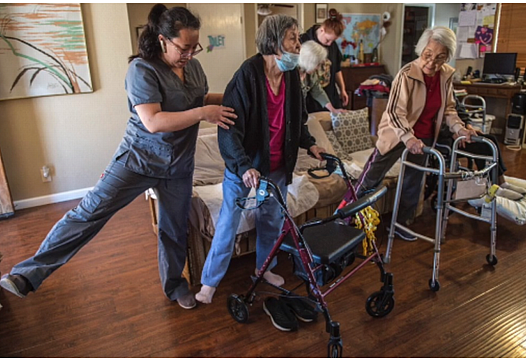
Tremendous uncertainty exists over how a state-based single-payer system would work, but no matter how it's crafted, the costs would be steep.

Tremendous uncertainty exists over how a state-based single-payer system would work, but no matter how it's crafted, the costs would be steep.

Perla Trevizo is a recipient of the University of Southern California Annenberg Center's Fund for Journalism on Child Well-being.
Other stories in this series can be found here.
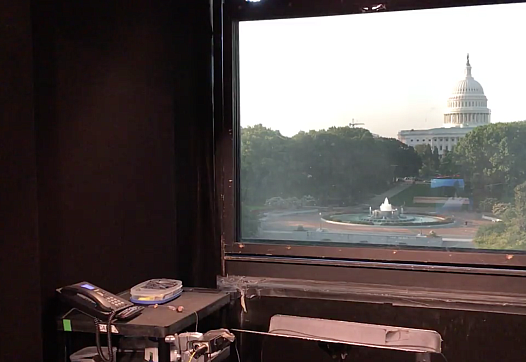
2017 National Fellow Tracie Potts gives a behind-the-scenes look at the ever-changing nature of her Fellowship project chronicling health reform across the country.

A tour of four communities across America revealed a common theme when it comes to the health reform: "Over and over we heard the same thing: people feel forgotten. They feel Washington is not listening."
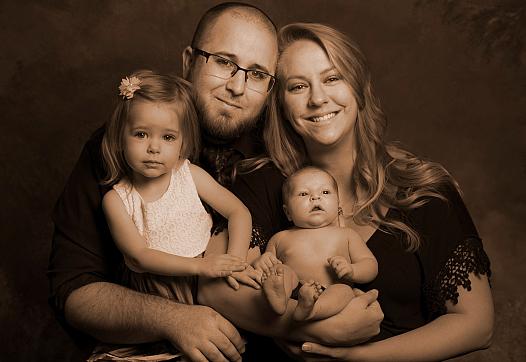
When Jessica Porten sought help for postpartum depression, she wasn't expecting the nurse to call the police to escort her to the ER. She now believes moms need far better help for their mental health needs.
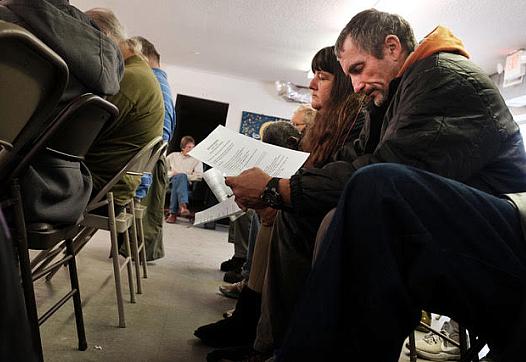
Proponents of Medicaid work requirements think it would flush freeloaders out of the system. And yet the reality is that most people on Medicaid already work.

Growth in health care employment will fluctuate but the long-range trend is decidedly upward, as these seven signs suggest.

Victoria Sweet’s new book offers a personal take on where modern medicine went wrong, and suggests that corporate restraints stand in the way of a more thoughtful approach to care.
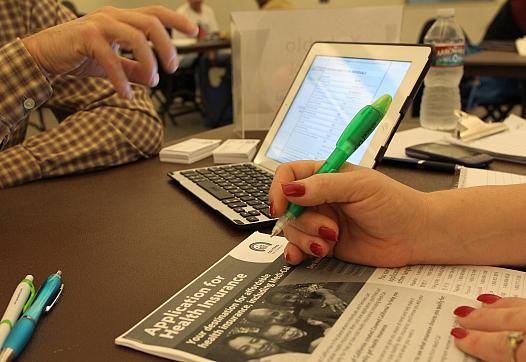
While ACA repeal efforts have stalled, the individual mandate is gone and Medicaid work requirements are proliferating. Two expert observers weigh in on states' growing role in shaping health policy.

We recently spoke with Brenda Woods-Placky, director of the Climate Matters program at Climate Central, to discuss how journalists can best report on the science and health impact of climate change.